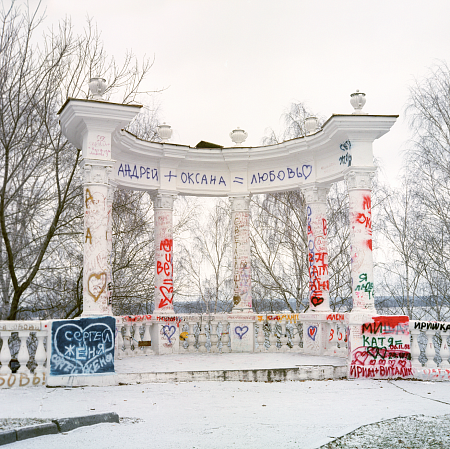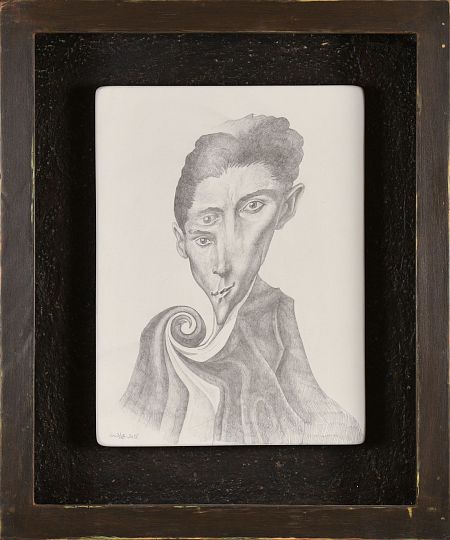Life in self-isolation by Alexander Burenkov - Curator of the Cosmoscow Foundation
The Italian philosopher Giorgio Agamben associates the fear of being contaminated that is common among those overwhelmed with the coronavirus pandemic info wave to ‘Bare life’ meaning simple biological existence, while accusing the authorities and the media of unjustified spreading panic.
The rejection of social contacts, work and day-to-day activities reminds Agamben of a military situation or a curfew that has been there for long:
‘Men have become so used to living in conditions of permanent crisis and emergency that they don’t seem to notice that their lives have been reduced to a purely biological condition, one that has lost not only any social and political dimension, but even any compassionate and emotional one. A society that lives in a state of emergency cannot be a free one’.
However, during the period of self-isolation a state of ‘Bare Life’ can become not only a way out of the social exchange, increased loneliness, ‘suspended time’ or devastation, but also a productive period of introspection, self-contemplation, tactics against double standards and letting go of all the unpleasant.
In spring, when nature wakes up after a winter sleep, the humanity en masse laid down and withdrew into itself. Closed systems are doomed to entropy, but is the outcome of the cycle of exchange doomed to an inevitable crisis? Perhaps self-isolation can be not only productive but also beneficial?
Alexander Burenkov, Curator of the Cosmoscow Foundation



